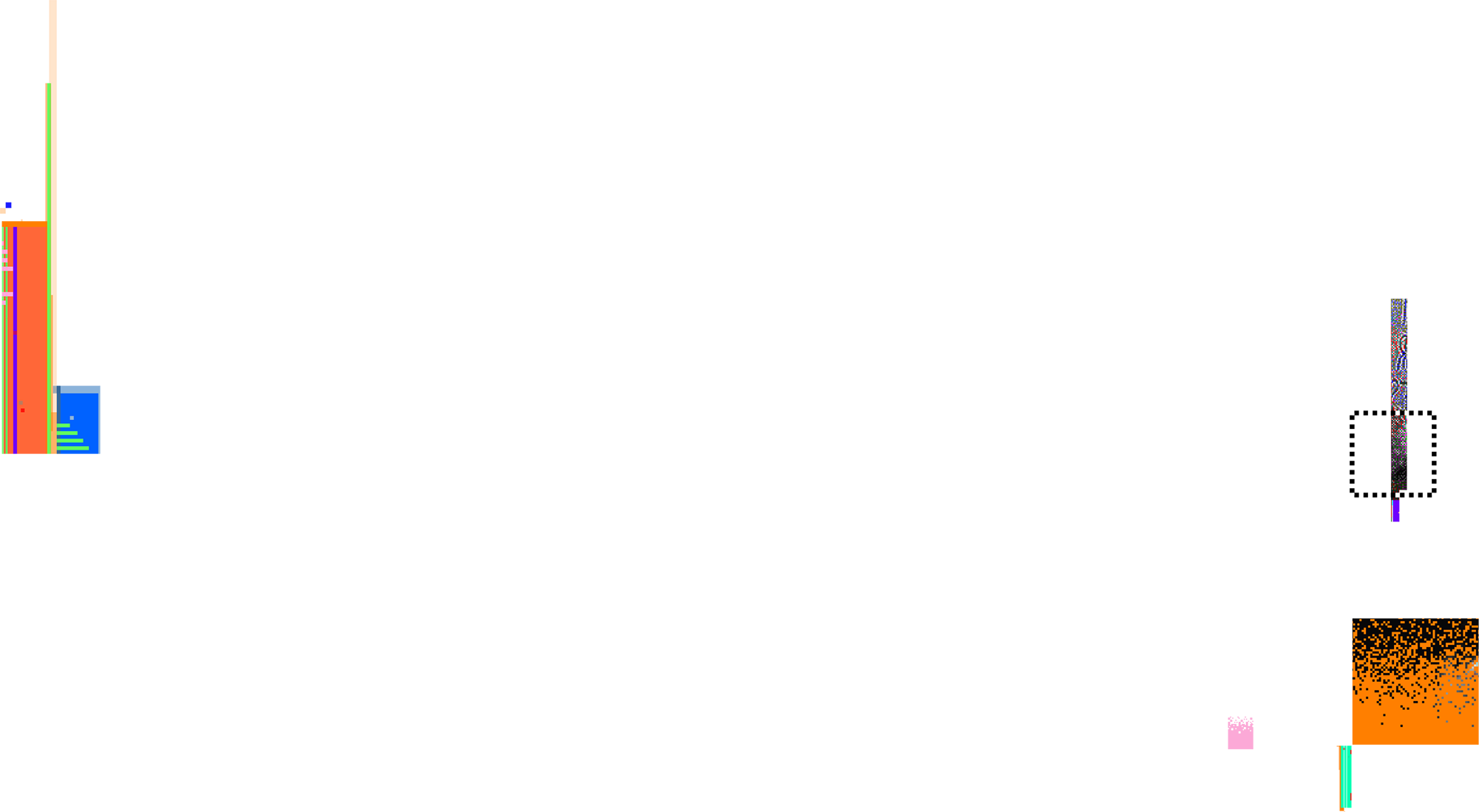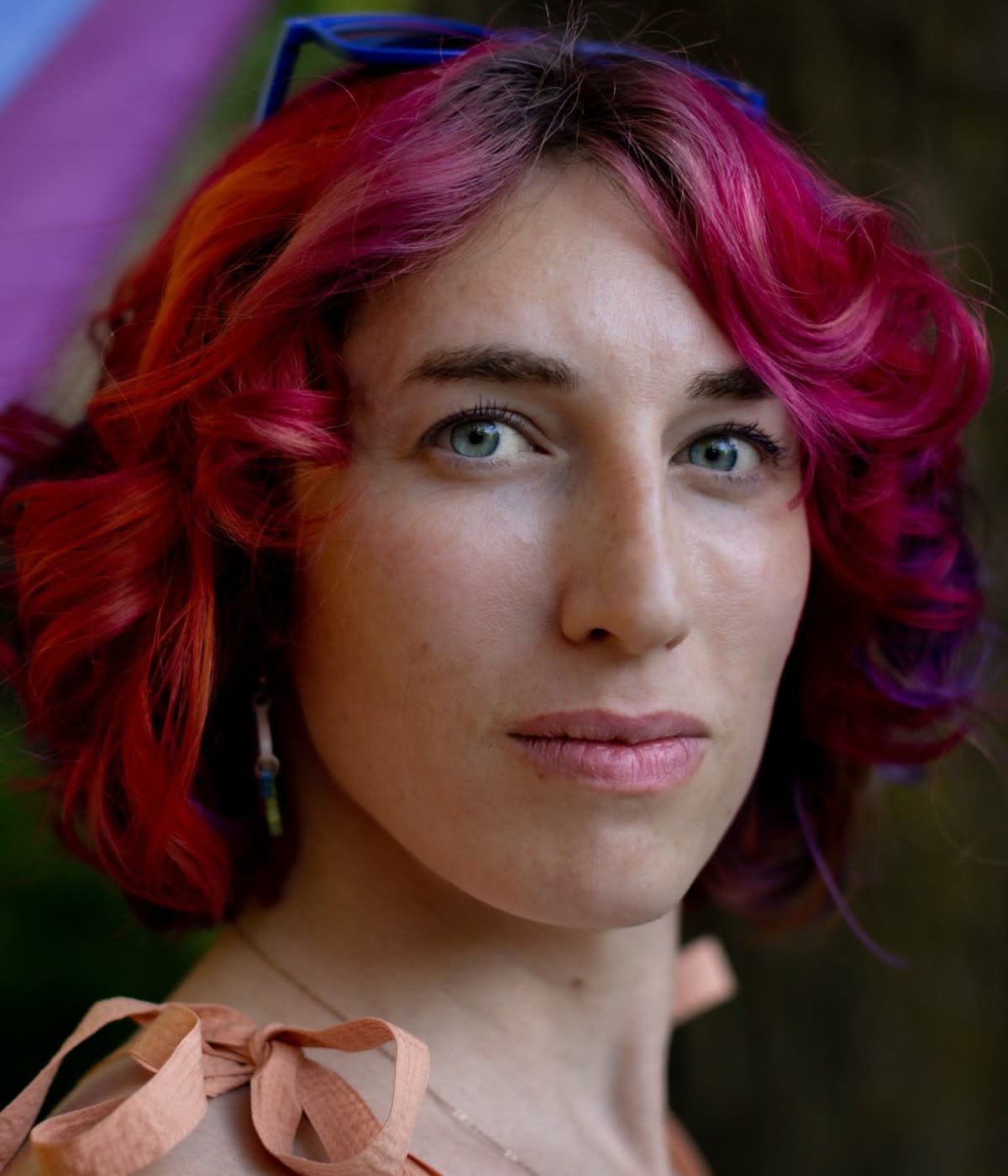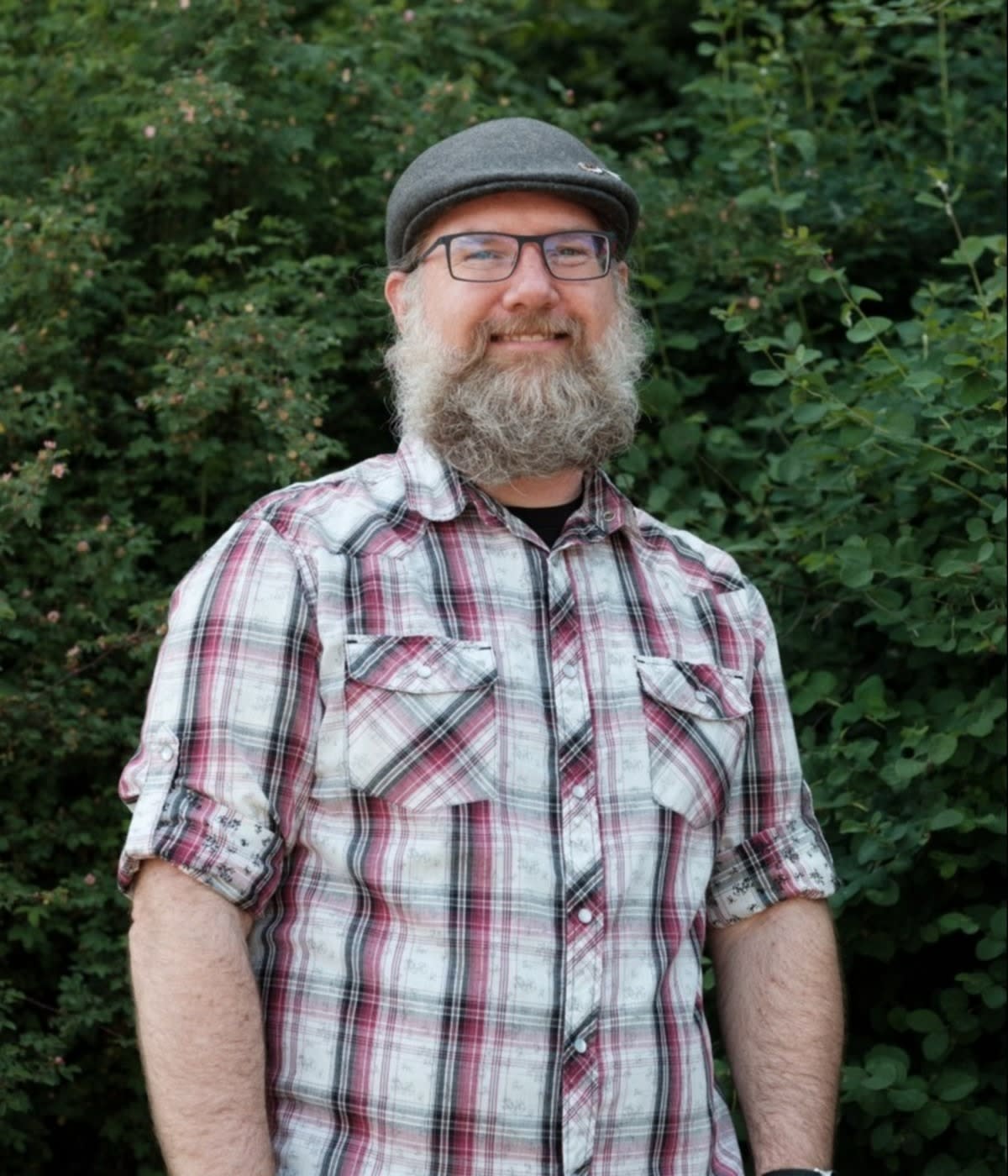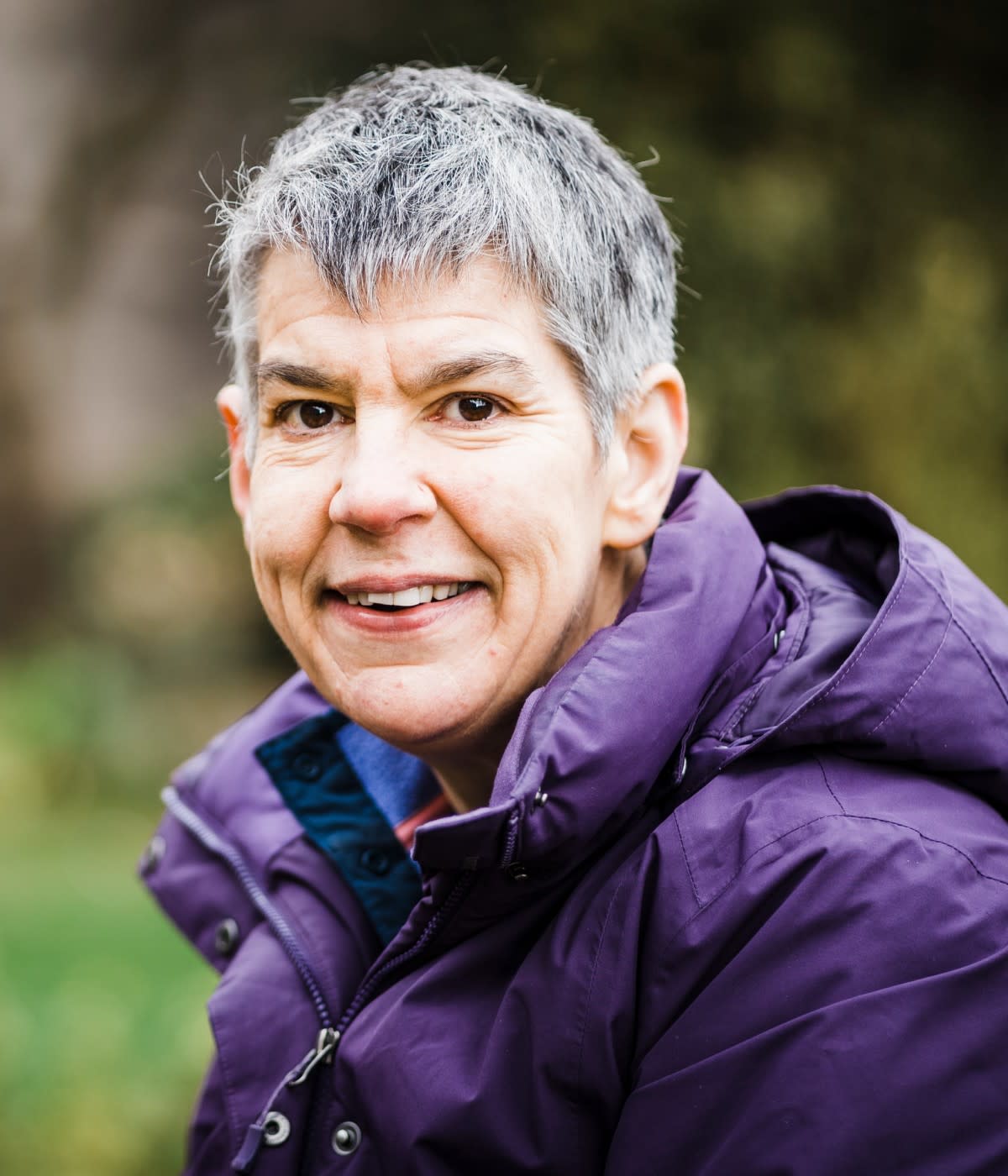When I was young, the communities, programs, and groups I gravitated toward—like Brownies and Building Bridges for Peace—manifested around the idea that everyone is important. In the Building Bridges program especially, I was exposed to the firsthand experiences of different cultures, which were so different from my own in surprising ways (like eating eggs for dinner instead of breakfast).
This helped me recognize that our reality is based on our experiences, and everything is more open and inclusive when we can acknowledge and receive new ideas and insights from others, and share our own in return. Seems simple, but a lot of folks presume their experience is the common one, and a lot of tech has been built with that perspective in mind—and to the detriment of us all.
Professional developers experience a level of financial security, and often more privilege, than others, and can sometimes fail to consider users who don’t have the access to tools, education, and resources that they may take for granted. The tools we build in this space reflect the creator’s capacity to understand what that tool might mean for somebody who doesn’t have a credit card, an email, or a consistent physical address. Often, the needs of those users aren’t adequately baked into the tools we build. Our lived experiences are what gets folded in. For better or for worse, they inform the work we do.
I often consider how privileged I am to bring my own lived experiences to the tech industry, and how privileged the tech industry is to have it. Because I can only bring my perspective to the table, I know that inviting more people with different backgrounds is imperative. It widens our definition of what “common experience” is, and fosters a larger opportunity for what we create to work for, and resonate with, more people.

From reacting to the status quo to shaping the future
Before I dove more fully into open source, I was in the nonprofit world, and helped learners of all ages embrace and further their experience with technology. I was their bridge to tech, helping them understand how they could access it, and what opportunities they had on the other side.
Personally, I had always had a strong relationship with tech, but at some point, I realized the path I was showing these kids was also being presented to me—and that I wanted to go down that path, too. What I didn't realize at that moment, was that I was shifting from the mission-based, reactive non profit industry to the tech space, where you invent reality.
It sounds pithy, but when I went to developer boot camp, one of my own teachers literally said to me, “Take care in the power that you’re about to have because you are inventing reality and building the future.” Being a queer black woman who wields that level of power is really important, and gives me a sense of responsibility for myself and my community.
Sharing of yourself with other people as a way to create community is so powerful. Being open-minded and willing to learn from others is equally essential. Creating space for more people to share their different perspectives and experiences is foundational to both my life and my contributions to open source.

Making space to grow together
When I transitioned into tech, I considered how I could grow alongside my peers which is how I connected with Write/Speak/Code. The major ethos of the organization is peer-led professional development in the arenas of writing, speaking, thought leadership, and tech development through open source contribution. A fully volunteer-run organization, we’ve historically supported folks of marginalized genders in tech who are doing a lot of great leadership work.
At our core, we create space for folks to share, grow, and network with each other. We’re redefining and aligning around what it means to work together: We strive to be good stewards of code, and good stewards of each other.
Pre-pandemic, we ran four-day annual conferences that were well-attended, and we continue to be very intentional in the way we build community and get support from the tech industry. Part of that is making sure we offer curated safe spaces and options for folks to contribute; That we celebrate ourselves and the folks around us; and, that we are honest and vulnerable about the capacity we have at the time. Bring energy when you have it, and give grace to yourself when you need it.
In light of the pandemic, everything is more murky now, and many people are asking themselves a lot of existential questions. We’re thinking about the ways that we not only create the space, but create a narrative around how we level up, collectively and individually as underrepresented technologists, with a renewed sense of care.
Working within this lens of diversity, we’re cognizant to avoid creating harm when we build things. We’re empowering folks to own and instill their own narrative as they go out into the world—to have the confidence and agency to speak their truth as they do their work. They might not have much clarity, but we’re here as a collective trying to see what’s possible—and how we can continue to grow together.

The value and importance of community
I look at everything I do from the perspective of contributing to a collective. How will we take care and uplift each other in our work? For every commit I make, I consider how I can make this code base better than when I found it. There are lots of different ways that that can be applied, even for things that are dying, both literally and figuratively.
One of the last talks I did before the pandemic (at Mozilla Fest) considered death and technology. What does it mean when tools or the people who build them die in open source? How do we carry on that work? Does it need to be carried on? How can you create the right community, tools, or rituals that allow for a sustainable cycle?
I talked about Dia De Los Muertos, and the tradition of ofrendas, which is the act of honoring ancestors, giving tribute, and remembering things about people who are no longer around. The workshop brought up multiple examples of big open source contributors who often give their lives to tools that provide foundations for many other projects. Whether or not they’re supported, those contributors are eventually not going to be with us. What does it look like if we continue that legacy of work? If it needs to be sunset, how can we do that in an honorable way that gives tribute to the work and dignity to the people?
As maintainers and contributors to open source, we should be able to rest when we need to, and prioritize our health and wellbeing. Really, everybody should have that option. In order for that to happen, there has to be a level of redundancy, or some level of stratification of information, so that people know where things are, how decisions are made, or what the next steps are. This way, the longevity of a project doesn’t just hinge on one person. That’s not fair to them, and is unsustainable in the long term.
As we continue to endure the pandemic, these questions and necessities are all that more important, and finding more opportunities to build on the idea of care in the midst of life and death cycles, in an ethical and care-focused way is really important to me, for the code we write, and the communities we build.
The projects I follow are those that demonstrate how the best open source communities should operate, what those Codes of Conduct might look like, and how they can be more inclusive and supportive. I really appreciate the work of folks like Joy Buolamwini of the Algorithmic Justice League and Coraline Ada Ehmke of the Organization For Ethical Source. As an ethical developer, they help me understand what direction we should be going, how to amplify the right things, and how to execute on it.
No one can speak for everyone, but everything feels better, and works better, when people care about each other—whether that’s by sharing yourself with others, sharing your space with others, or sharing and trading experiences. When you do this, you’re able to contribute to future contributors; to build an inclusive community that shares in collective work and offers collective care. And it’s that kind of work that’s going to invent the best and brightest realities we can hope for.





